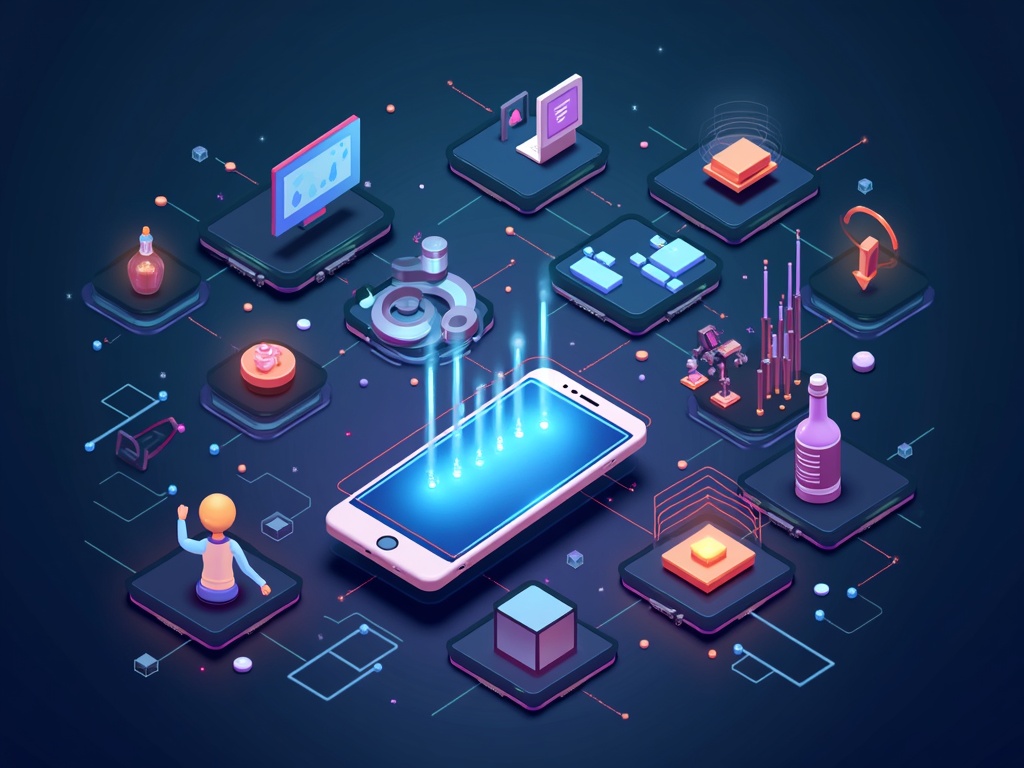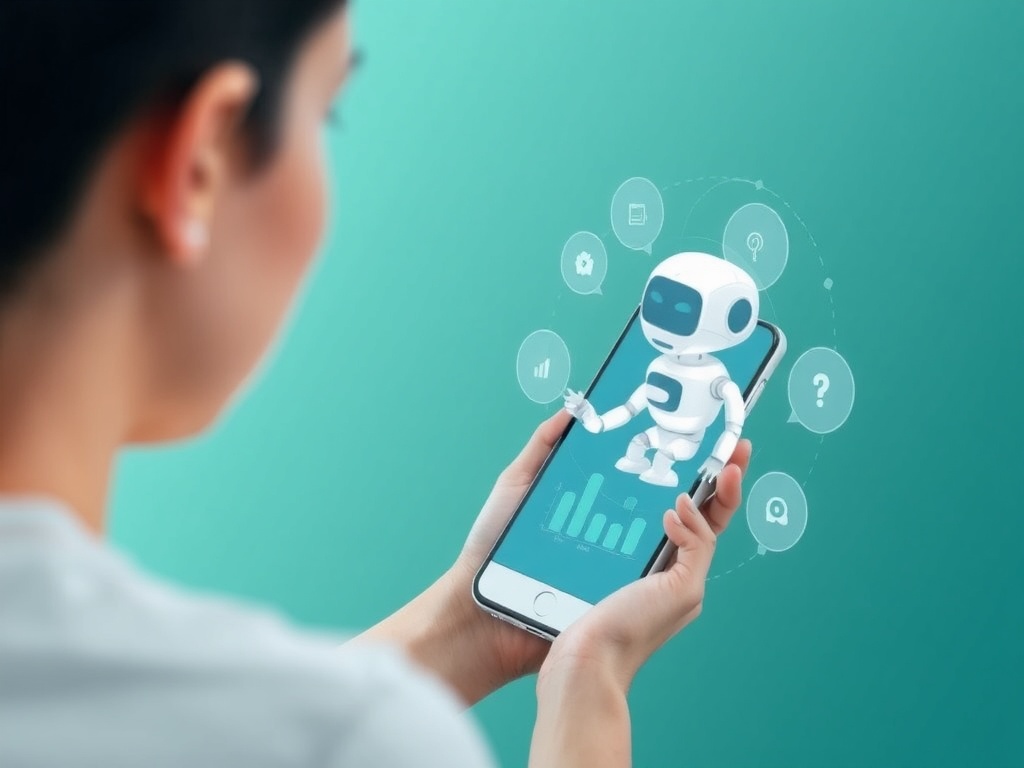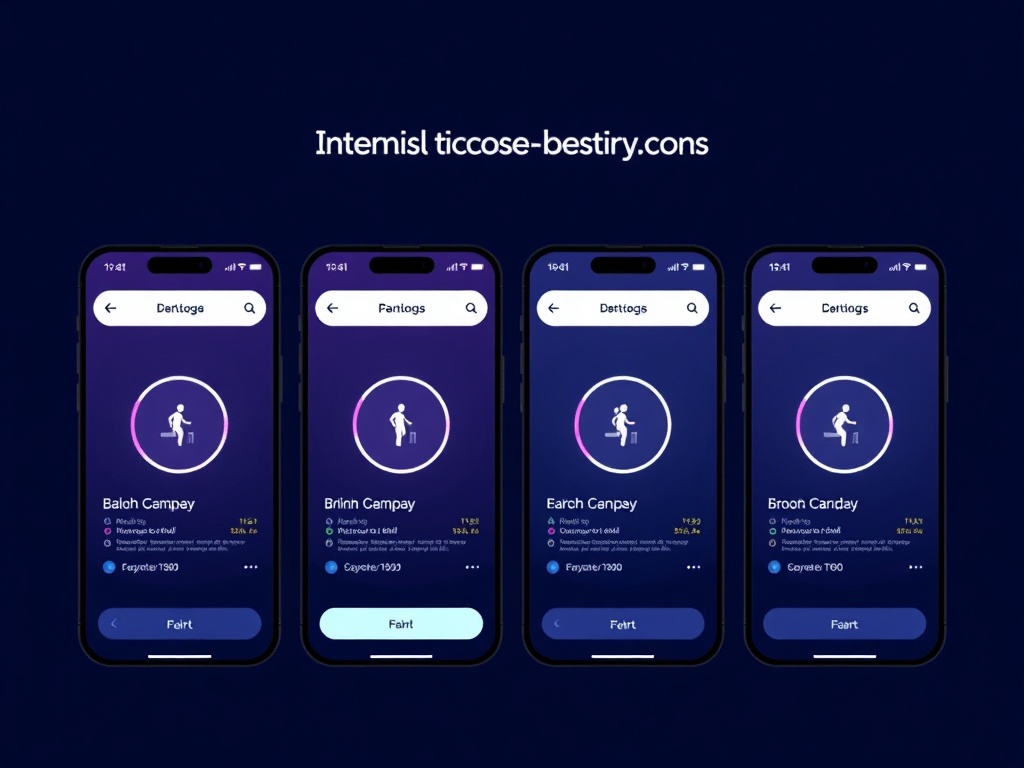AI Apps for Entertainment and Leisure
The entertainment and leisure industry has undergone significant transformations with the advent of artificial intelligence (AI) technology. From creating immersive gaming experiences to providing personalized recommendations, AI-powered apps have revolutionized the way we spend our free time.
In this article, we’ll delve into the world of AI apps for entertainment and leisure, exploring their features, benefits, and examples of successful applications.
Gaming
The gaming industry has been one of the earliest adopters of AI technology. AI-powered games offer immersive experiences, adaptive difficulty levels, and personalized gameplay tailored to individual players’ preferences.
- AI-Generated Content: Games like “No Man’s Sky” and “Destiny 2” use AI algorithms to generate vast procedurally generated worlds, offering endless hours of exploration and discovery.
- Adaptive Difficulty: Games like “Overwatch” and “Rainbow Six Siege” utilize AI-driven difficulty adjustment systems, ensuring that players are challenged but not overwhelmed.
- Personalized Gameplay: AI-powered games like “The Sims” offer tailored experiences based on individual player preferences, creating a more engaging and immersive gameplay experience.
Recommendation Systems
AI-powered recommendation systems have become an essential component of the entertainment industry. These systems analyze user behavior, preferences, and demographics to provide personalized recommendations for movies, TV shows, music, and more.
- Content Discovery: AI-driven recommendation systems like Netflix’s “You Might Also Like” feature help users discover new content based on their viewing history.
- Personalized Playlists: Music streaming services like Spotify and Apple Music utilize AI-powered algorithms to create personalized playlists tailored to individual user preferences.
- Movie and TV Show Recommendations: AI-based platforms like IMDB’s “Top Picks” section offer users customized movie and TV show recommendations based on their viewing history.
Virtual Reality (VR) and Augmented Reality (AR)
AI technology has also enabled the development of immersive VR and AR experiences. These interactive environments simulate real-world interactions, providing users with a unique and engaging experience.
- Immersive Storytelling: AI-powered VR experiences like “Tilt Brush” allow users to create immersive 3D stories using virtual reality.
- Interactive Environments: AI-driven AR platforms like Pokémon Go enable users to interact with virtual creatures in real-world environments.
- Simulation-based Training: AI-powered simulation tools like the U.S. military’s VR training programs provide realistic and effective training experiences for soldiers.
The Future of Entertainment and Leisure
As AI technology continues to advance, we can expect even more innovative applications in the entertainment and leisure industry. Some potential areas of growth include:
- AI-Generated Music and Art: The use of AI algorithms to create original music and art is becoming increasingly popular.
- Personalized Event Experiences: AI-powered systems could enable event organizers to tailor experiences to individual attendees’ preferences.
- AI-Powered Sports Coaching: AI technology has the potential to revolutionize sports coaching, providing athletes with personalized training regimens and real-time feedback.
In conclusion, AI apps for entertainment and leisure have transformed the way we spend our free time. From gaming to recommendation systems, VR, and AR experiences, the possibilities are endless. As AI technology continues to evolve, we can expect even more innovative applications in this industry.



